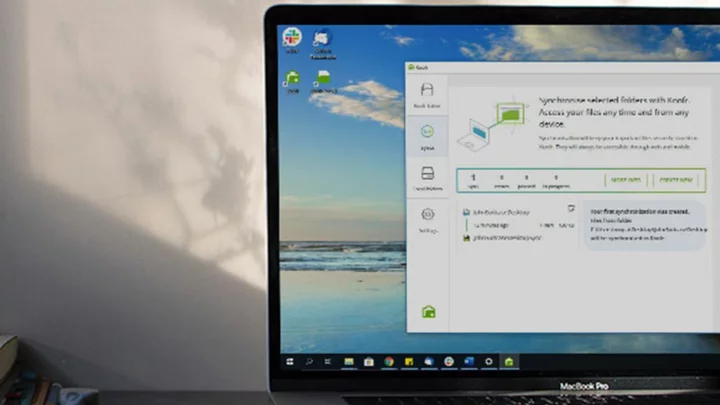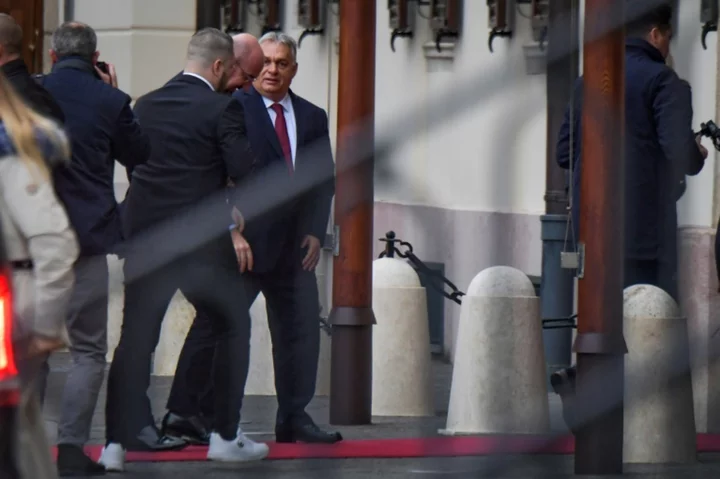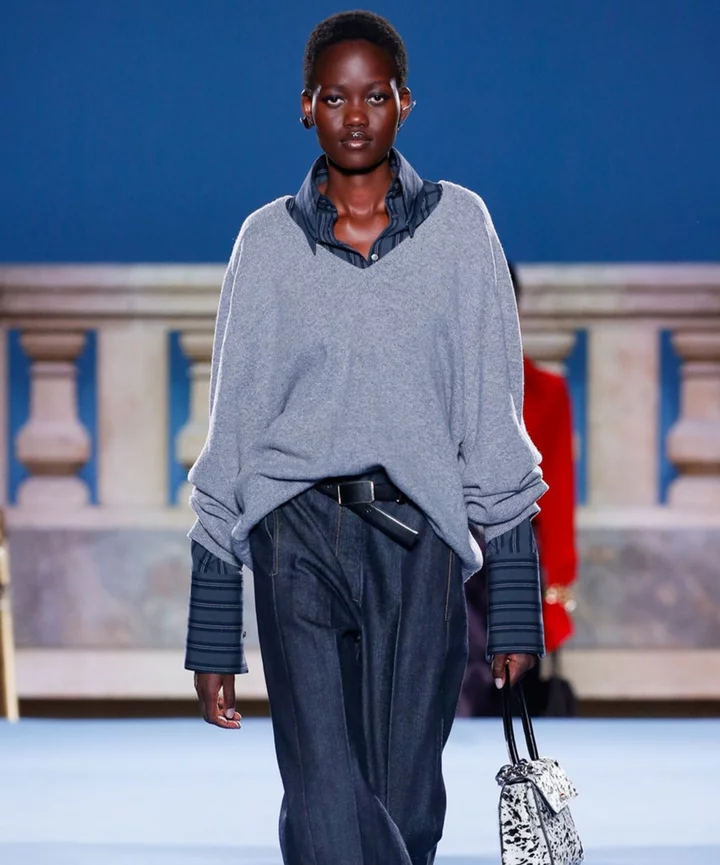Allyson Felix is not a loud person. Despite being the most-decorated US athlete in track and field history (edging out none other than Carl Lewis), she reached that pinnacle in an understated way, without the brash antics of other legendary athletes. But in retirement, she’s found it necessary to turn up the volume. She explains why on the second episode of the Bloomberg Originals series Power Players.
Officially retired after the 2022 season, Felix’s main focus these days is Saysh, a shoe company she began with her brother, Wes Felix. It is a company born of necessity: Allyson needed shoes for the Olympics after ditching Nike when the company sought to reduce her compensation during her pregnancy.
It was a decision she detailed in a now-famous New York Times Op-Ed, part of a public pivot that was catalytic to her journey into off-track activism. “I had gone to four Olympics, I was a six-time Olympic gold medalist,” Felix says. “And it just felt like—at that level—if you cannot ask for this and get it, then who is going to be able to do it?” Felix says she “had so much fear about speaking out, or just having an opinion on something. And then once I did, there was like this...freedom.”
At the time, Nike announced that it had implemented changes to how it compensated athletes. But the Felixes, after parting ways with the company, encountered a new surprise as they became sneaker entrepreneurs.
The pair say they were stunned to discover that most women’s shoes are built based on the feet of a male model. So they decided to do things differently: Saysh shoes are built molded for a woman’s feet. And the company has a policy that if a customer’s foot size changes owing to pregnancy, she gets a pair in her new size for free.
Allyson, 37, says she’s also blending her commercial ambitions with a personal sense of mission, drawing on her own experience with a difficult birth to focus on maternal care, especially for Black women. She says her new platform can build on her previous work on the track.
“I think athletes in general are more empowered to use their voice,” Felix says. “They’re not staying just in one box anymore. We’re breaking out and we’re talking on issues that we’re passionate about and we’re seeing the impact.”
For previous episodes of the Bloomberg Originals series Power Players, click here.To see more Bloomberg Originals video documentaries, click here.To subscribe to the Bloomberg Originals YouTube channel, click here.









